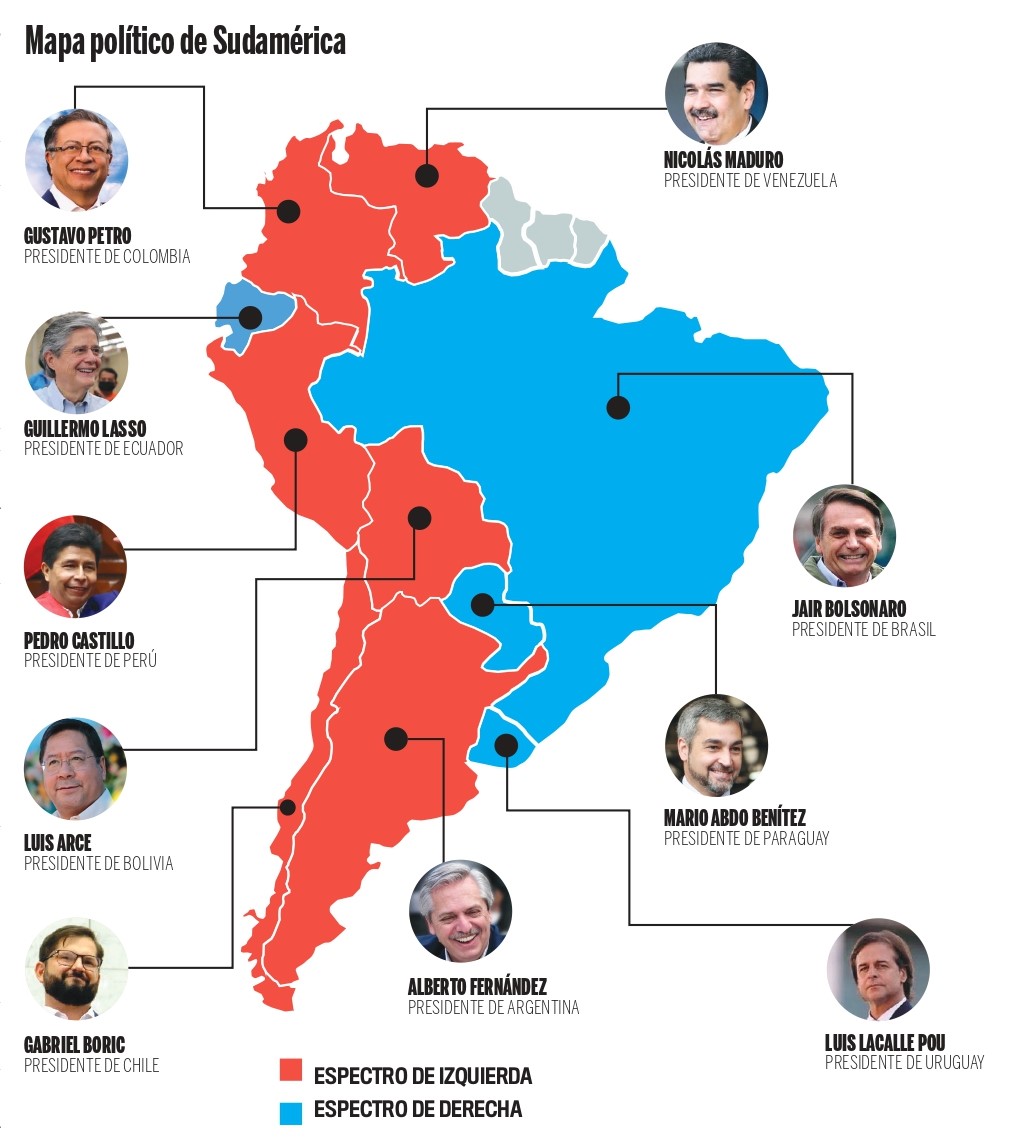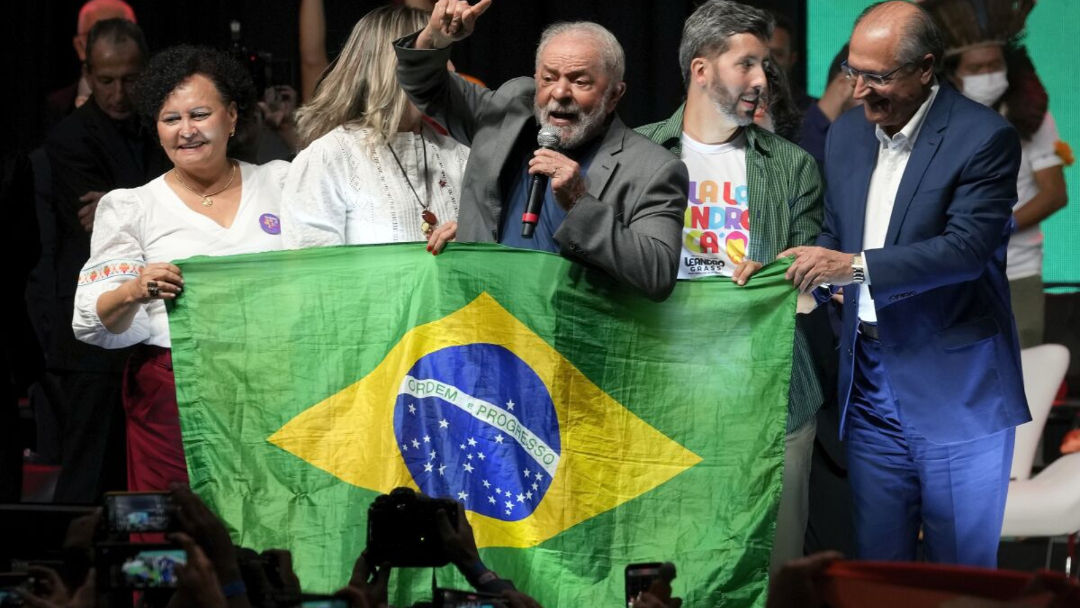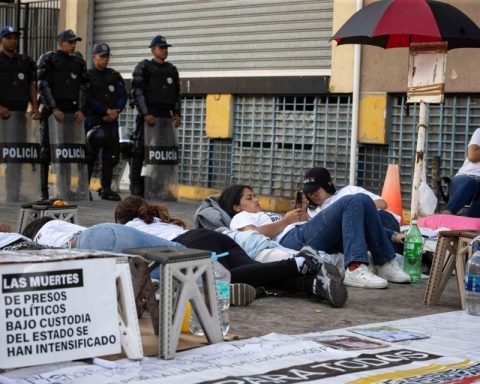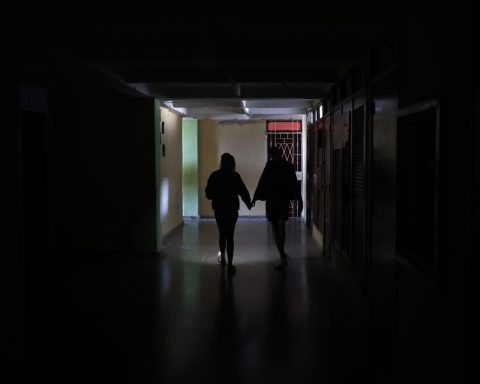This October 2, Brazil will hold its general elections to define its new president, vice president and the members of the National Congress. Jair Bolsonaro, current president, Luiz Inácio Lula da Silva, Ciro Gomes and Simone Tebet are the four presidential candidates.
According to pollsters such as BTG Pactual/FSB Pesquisa and the newspaper El País, Lula da Silva has an advantage between 10 and 15 percentage points over Bolsonaro. So there is a possibility that the elections do not need a second round or ballot.
ANALYSTS
Mario Paz Castaing, political analyst, affirmed that he does not see an advance of the pure political thoughts of the left and of the right. “What I do see are social, political and economic situations that are changing. There is a phenomenal weariness, a global annoyance towards politics, towards Congresses, towards the media, towards representative organizations of society because people are tired”, he commented.
He pointed out that the citizenry reacts against being fed up, and in some cases they turn to a sector that apparently represents a current of the left, or of the right. “They are rather popular or populist manifestations, so much so that they can represent any of those currents of political thought,” he commented.
He argued that the European situation is not the same as the Latin American one, in the sense that there is a crisis of representativeness in our region and that affects governments that come from both the left and the right. That is why these mutations happen, changes in the exercise of power in the various countries. “There are nuances, the left in Brazil and Argentina is not the same as the left in Chile and Peru. In the latter, the governments of Boric and Castillo attack and do not accept the dictatorships of Venezuela, Nicaragua and Cuba. However, we know that the governments of Argentina and Brazil strongly defend these dictatorships, which are totalitarian governments in their respective countries. It is not necessary to be so fanatical with the extremes and neither to believe that it is a question that is resolved from one point or from the other. There are various nuances that motivate these resolutions of the peoples and the causes can be multiple and the factors multi-causal.
BRAZIL
Regarding the presidential elections in Brazil to be held this Sunday, he stated that it is very likely that the opposition (Lula) will win, following the same trend that is being recorded on the continent. “They talk about differences between 11 and 17 percentage points, it gives you an idea of what could happen. But no poll can ensure the scrutiny of the people,” he commented.
If none of the candidates obtains a sufficient majority this Sunday, the two most voted candidates will go to a ballot or second round in 30 days.
MANHANELLI
Caio Manhanelli, a Brazilian political consultant, expressed for his part that there is a clear advantage for Lula in relation to Bolsonaro. He maintained that there is a possibility that the elections end on Sunday. But, in case of going to a second round, Lula is once again the favorite. “This is confirmed by credible pollsters. They position the former president as the main candidate with differences between 10 to 15 points in the data set.
He argued that the governments of Latin America are not managing to position their successors since the last elections were won by the opponents.
“It has to do with the political climate, with mismanagement, with the tension that occurred in governments during the pandemic,” he said.
Finally, he argued that this advance of the left in Latin America is not directly related between the countries. That is, they occur independently. “I hardly see relations between the rise of Boric and Petro with the tendency that Lula will win this weekend,” she commented.
HEDUVAN
For the international policy analyst Julieta Heduvan, the advance of leftist governments in Latin America is due to the fact that the countries present problems of development, inequity, and inequality, unlike European countries that do not have these problems.



















